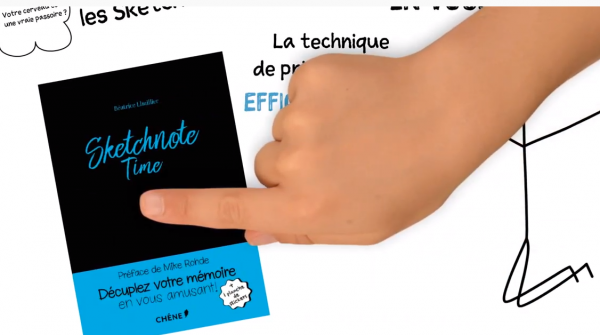At IFP School, MOOCs are an ideal platform for testing innovative educational concepts.
Clément Cahagne, Innovative Education Manager, discusses the latest “phygital” experiment conducted via our last 2 MOOCs.
For IFP School, MOOCs (Massive Online Open Courses) are not only a training and communication tool, but also an experimental laboratory. Since 2014, numerous educational innovations have been tested within the School’s various MOOCs, such as serious games, serious escape games and virtual reality. With the Tomorrow’s Mobility MOOC, on the theme of sustainable mobility, launched in the autumn of 2018, and with the Energy Transition MOOC, launched in the spring of 2019, a new concept - the “phygital” experiment - was tested.
Clément Cahagne, Innovative Education Manager, explains the purpose of the initiative: “Our objective was to find a tool to help learners enrolled on our MOOCs to more easily and effectively assimilate course content. We proceeded using the learning objective approach. Concretely, this consisted in limiting the number of learning objectives per video and limiting their duration (5 to 10 minutes maximum)”, he explains. “We then worked with teaching staff on the design of video summaries to highlight the key points of each module, with the help of a sketchnoting expert, Béatrice Lhuillier, a graphic facilitator and author of the book Sketchnote Time ».
Concretely, sketchnoting is a note-taking method that combines words and sketches. It is a “graphic facilitation” technique like scribing and mindmapping, etc. The educational benefit? To make it easier to memorize information by listing the key points in the form of sketches and short texts. Thanks to the use of several memory channels, the learner assimilates new notions more easily.
The result of all this is a “phygital” object bringing together all of the sketchnotes accompanying each of the MOOCs. This comes in the form of two small 30-page books – a physical (one plate per page) and interactive (a QR code on each plate giving access to additional augmented reality content) object.
In its original connotation, the term “phygital” refers to the merger of digital marketing and commerce techniques with those of physical commerce. More generally, it relates to the coming together of the physical and digital, as embodied by these two books. The design of these augmented reality works has made it possible to explore phygital learning. The MOOC’s digital resources are thus physically transportable via the book.
